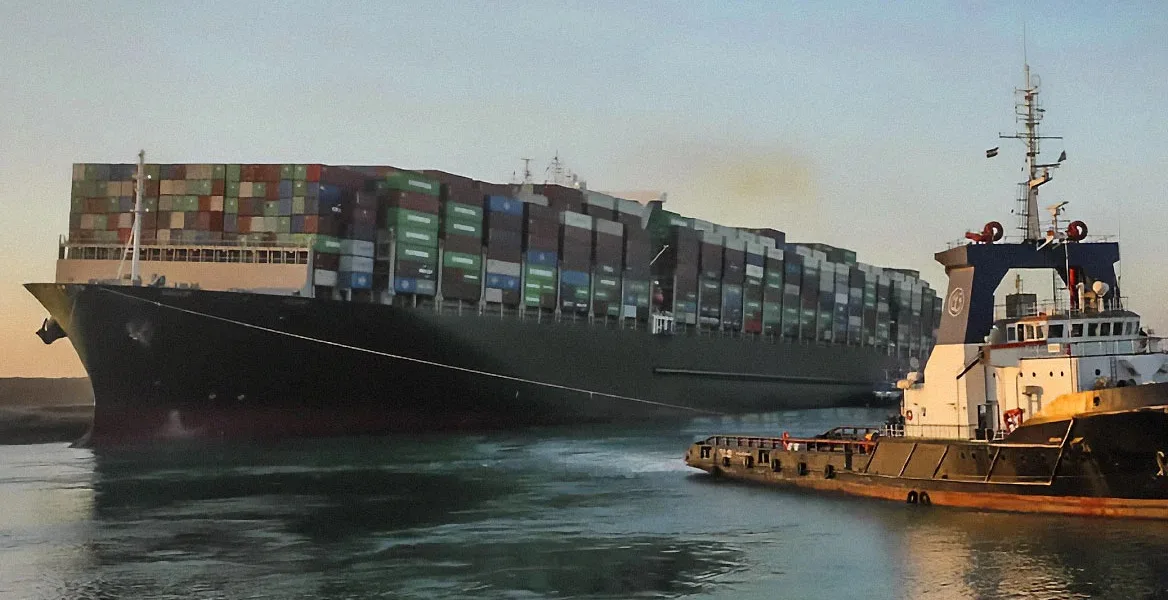An analysis by the World Maritime Forum, an international non-profit organization based in Copenhagen, highlights the significant employment opportunities presented by the decarbonization of the shipping industry.
The World Maritime Forum, founded in 2017, is funded through a combination of grants and partner contributions, but operates independently of any external influence and does not support individual technologies or companies.
The majority of its approximately 45-person staff is based at the organization’s headquarters in Denmark. The new analysis by the World Maritime Forum, conducted on behalf of the British consulting and planning firm Arup, forecasts that the transition of the shipping sector to e-fuels could support up to four million new green jobs by 2050, double the number of seafarers currently serving worldwide.
It also notes that the new jobs will be observed in the renewable energy production sectors, mainly in the production of green hydrogen and ammonia, but also in the production of other e-fuels.
As emphasized, the majority of jobs will mainly come from investments in the construction of renewable energy production facilities that will be created primarily in the 2030s, when investment intensity will be highest.
These include employment in areas such as construction and installation, operation and maintenance of the infrastructure, to ensure availability. Jesse Fahnestock, Director of the World Maritime Forum, stated that “this analysis marks a critical first step in exploring the fundamental role that the decarbonization of shipping will play in creating green jobs in the energy sector.” He added that “many of these jobs can also be transferred to other sectors, supporting further decarbonization beyond shipping.”
What are e-fuels?
According to the French classification society Bureau Veritas, e-fuels are produced using renewable energy (e.g., solar or wind) or carbon-free electricity. Green hydrogen is the cornerstone of all types of e-fuels, as it is derived through the electrolysis process, which uses renewable or carbon-free electricity. There are many types of e-fuels, including gaseous ones like e-hydrogen, e-methane, and e-ammonia, as well as liquid ones like e-methanol or e-diesel.
Increasing demand
Demand for e-fuels is expected to rise to over 500 million tons by 2040 and 600 million tons by 2050, requiring additional production capacity of 2TW (terawatts) of renewable energy and 1TW of hydrogen production capacity by 2050. Parallel investments of £3.2 trillion in infrastructure will also be required. The International Renewable Energy Agency emphasizes that access to work in this sector is likely to create better working conditions for employees, as the jobs are more highly skilled, better paid, and of higher quality than those in traditional fossil fuel sectors. The research also notes that the majority of jobs are likely to be distributed in the Global South, where conditions are optimal for the production of green fuels.
The shipping industry is currently responsible for 3% of global CO2 emissions, equivalent to Japan’s annual emissions. In 2023, the member states of the International Maritime Organization (IMO) agreed on a phase-out date for the consumption of fossil fuels “by 2050 or thereabouts.” This phase-out date is supported by indicative checkpoints calling for a 20% (target 30%) reduction in emissions by 2030 and 70% (target 80%) by 2040.

